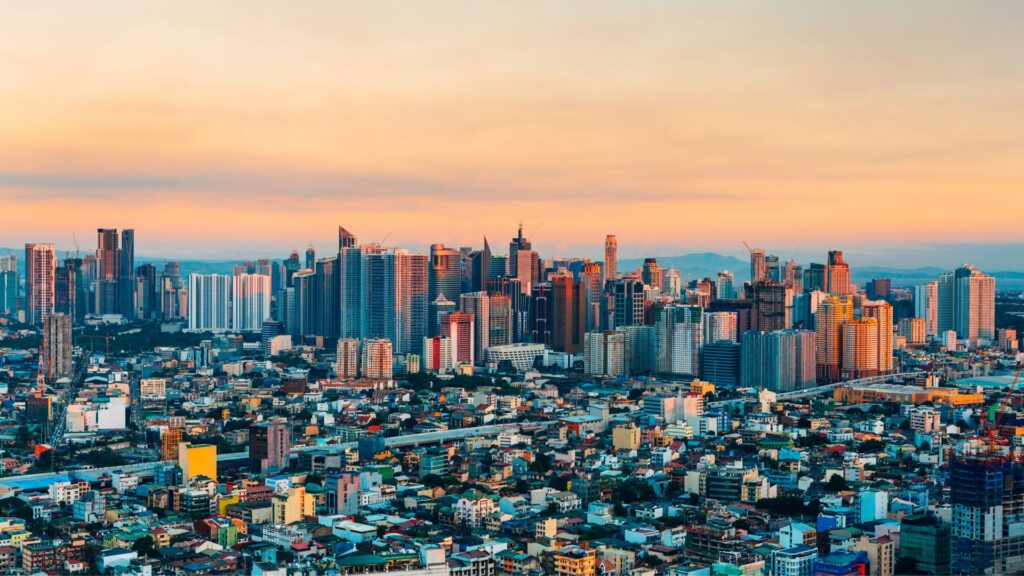The concept of smart cities is gaining momentum in the Philippines, with urban centers adopting advanced technologies to improve infrastructure, enhance public services, and elevate the quality of life for residents. As the country faces rapid urbanization and population growth, smart city initiatives are becoming essential for sustainable development.
The Essence of Smart Cities
Smart cities leverage digital technologies, data analytics, and the Internet of Things (IoT) to optimize urban operations and services. These technologies facilitate efficient resource management, real-time monitoring, and data-driven decision-making, addressing urban challenges such as traffic congestion, waste management, and public safety.
Key Smart City Projects
Several cities in the Philippines are pioneering smart city projects, setting benchmarks for others to follow.
- Metro Manila: As the nation’s capital, Metro Manila is at the forefront of smart city initiatives. The Metropolitan Manila Development Authority (MMDA) has implemented intelligent traffic management systems, including adaptive traffic signals and real-time traffic monitoring, to alleviate congestion. Additionally, the city is exploring the use of AI-powered surveillance for enhanced public safety.
- Cebu City: Known as the Queen City of the South, Cebu is investing in smart infrastructure to support its economic growth. The Mactan-Cebu International Airport has integrated smart technologies for efficient passenger processing and enhanced security. The city’s digital traffic management system aims to reduce congestion and improve transportation efficiency.
- Davao City: Davao is embracing smart city solutions to enhance public services and security. The Safe Davao QR Code System is a digital contact tracing and identification tool used during the COVID-19 pandemic. The city is also implementing smart street lighting and waste management systems to improve sustainability.
Technological Innovations
Smart cities in the Philippines are incorporating a range of technologies to achieve their goals.
- IoT and Sensors: IoT devices and sensors are deployed across cities to collect data on various parameters such as traffic flow, air quality, and energy consumption. This data is used to optimize urban services and infrastructure.
- Artificial Intelligence (AI): AI technologies are being utilized for predictive analytics, traffic management, and public safety. AI-driven applications help city administrators make informed decisions and respond swiftly to emerging issues.
- Big Data and Analytics: Big data analytics play a crucial role in smart city initiatives. By analyzing vast amounts of data, cities can gain insights into urban patterns and trends, enabling better planning and resource allocation.
- Digital Platforms and Mobile Apps: Digital platforms and mobile applications facilitate citizen engagement and access to public services. These tools empower residents to report issues, access information, and participate in governance.
Challenges and Solutions
The transition to smart cities is not without challenges. Key obstacles include funding constraints, technological gaps, and resistance to change. However, collaborative efforts between government, private sector, and academia are driving progress.
Public-private partnerships (PPPs) are essential for financing and implementing smart city projects. These collaborations leverage the expertise and resources of private enterprises to develop and maintain smart infrastructure. Additionally, capacity-building programs and knowledge-sharing initiatives are helping to address skill gaps and promote a culture of innovation.
The Future of Smart Cities
The future of smart cities in the Philippines is promising, with ongoing projects and new initiatives on the horizon. The government’s support through policies and funding, combined with the private sector’s technological innovations, will continue to drive the smart city movement.
As cities become smarter, residents can expect improved quality of life through enhanced public services, sustainable infrastructure, and greater civic engagement. The success of smart cities in the Philippines will serve as a model for other developing countries, demonstrating the potential of technology to transform urban living.




